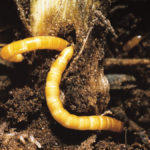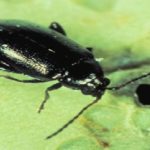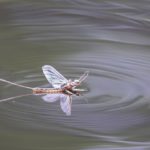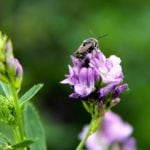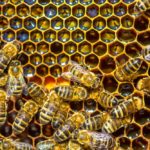London | Reuters — Cargill plans to close its rapeseed crush facility in Hull, eastern England, the global commodities trader said Tuesday. The mill, which Cargill has been operating since 1985, has the capacity to crush 750 tonnes of seed a day to produce 420 tonnes of rapeseed meal and 323 tonnes of crude rapeseed






